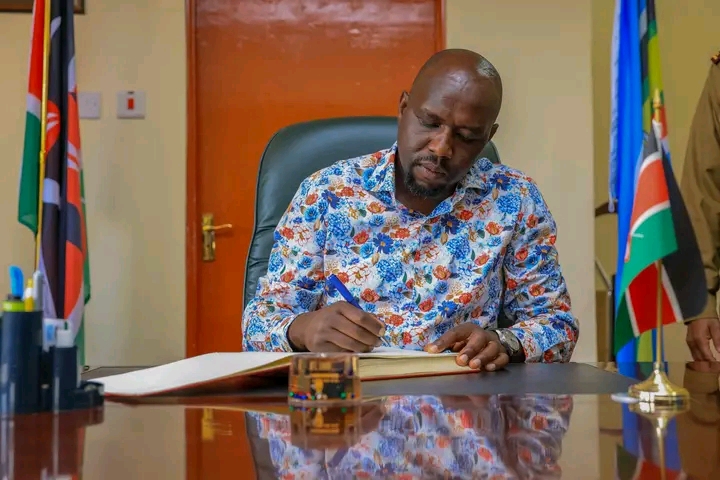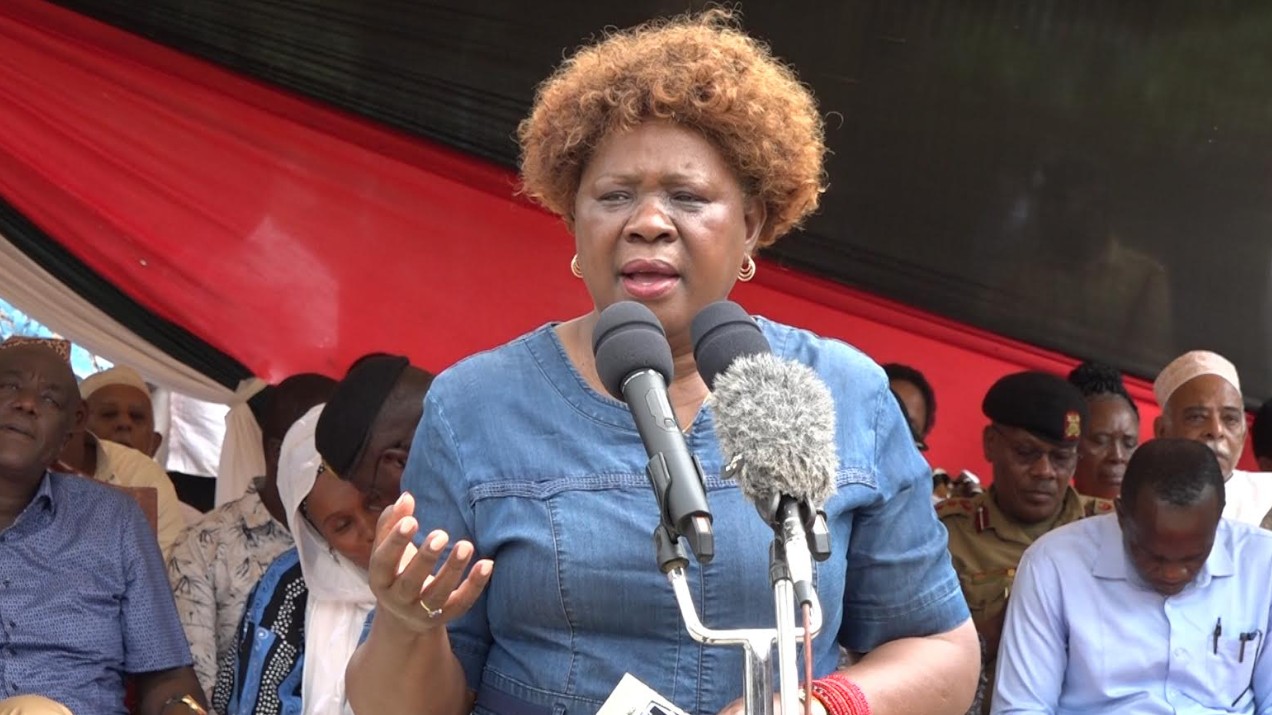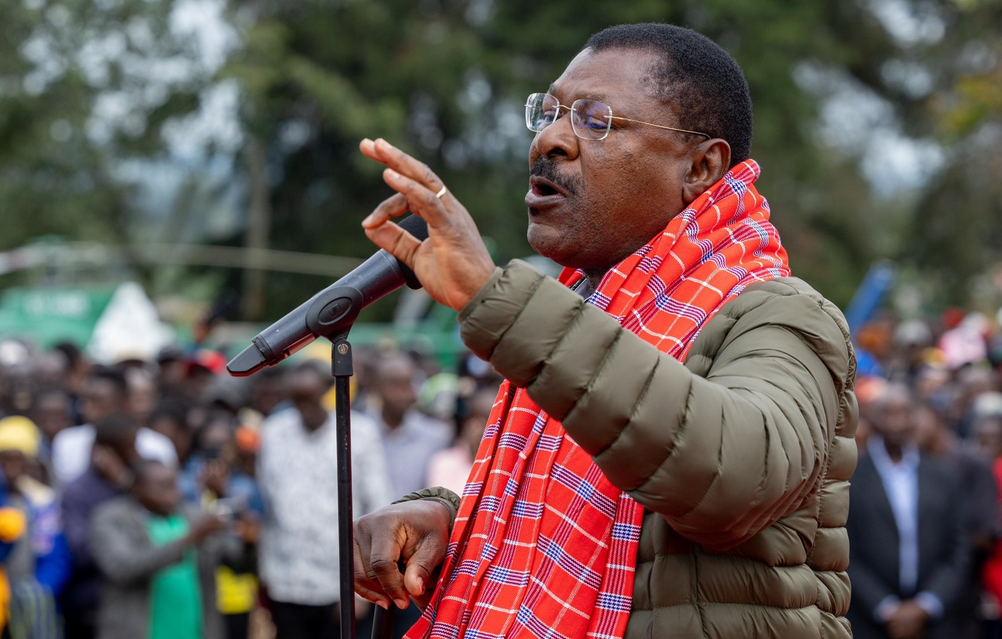Murkomen Issues Tough Policy Guideline to IG Kanja on Use of Force and Firearms by Police
Interior CS Kipchumba Murkomen has issued a new policy directive to IG Douglas Kanja, guiding police on lawful use of force and firearms. The directive emphasizes restraint, proportionality, and protection of vulnerable groups. Officers must avoid excessive force and only use firearms in self-defence or life-threatening situations.
Amri Kuhusu Utumizi Wa Bunduki Waziri wa Usalama wa Ndani Kipchumba Murkomen ametoa agizo lake la kwanza la sera kuhusu matumizi ya nguvu na bunduki. #NTVWikendi
Posted by NTV Kenya on Friday 18 July 2025
Interior and National Administration Cabinet Secretary Kipchumba Murkomen has issued a comprehensive policy directive to the Inspector General of Police, Douglas Kanja, outlining the strict parameters for the use of force and firearms by police officers. The policy, released on Friday, July 18, 2025, is aimed at standardising police conduct and ensuring law enforcement across the country adheres to a consistent, lawful, and ethical approach in discharging their duties.
Speaking during the official handover of the document, Murkomen emphasised the governments commitment to promoting professionalism and accountability within the National Police Service (NPS). He said the policy reinforces the existing Constitutional, legislative, and institutional frameworks by providing clear, practical guidance to officers on when and how to use force. It also aligns with Section 49 of the National Police Service Act, which gives police officers general powers, but stresses discretion and responsibility in the application of force.
The policy directive addresses a wide array of operational scenarios and seeks to prevent instances of excessive or unlawful force, which have previously raised public concern and sparked demands for reforms. Murkomen noted that while police officers have a duty to maintain law and order, their methods must respect human rights and the rule of law at all times.
Of particular importance in the new directive is the requirement for police to exercise heightened caution when dealing with vulnerable groups. Officers are urged to be sensitive when interacting with children, the elderly, persons with disabilities, and in gender-specific situations. According to the policy, these populations require extra care and discretion when force is considered.
The policy clearly states that the use of force should always be proportional, necessary, and lawful. It specifies that police may only use force when absolutely required for the performance of their duties — and never as a form of punishment. Furthermore, when a suspect is already in custody and safely detained, the application of any additional force is deemed unlawful.
In situations involving potential use of force, the document mandates that police must first exhaust all non-violent means before resorting to force or firearms. The directive underscores that firearms should only be used in self-defence or when defending others from an immediate threat of death or serious injury. Officers are expected to assess the risks involved and act only when absolutely necessary to protect life or prevent grave harm.
Murkomen’s policy also outlines that where the use of force becomes unavoidable, it must be minimal, carefully controlled, and always aligned with the seriousness of the offence. Police officers are instructed to avoid confrontation whenever possible and instead prioritize de-escalation tactics. Should force result in injury, immediate medical assistance must be rendered to the affected individuals without delay.
In addition, the policy reiterates that all officers must act with restraint and humanity. When force is used, officers must work to minimize damage and injury, preserve life, and uphold the dignity of every individual. The directive also sets expectations for transparency and documentation, requiring all incidents involving use of force to be reported and reviewed to ensure accountability.
Murkomen concluded by stating that this policy is part of broader security sector reforms aimed at restoring public confidence in the police service. He said the government is committed to upholding the Constitution and expects the National Police Service to lead by example in enforcing law and order while respecting the rights of all Kenyans.













